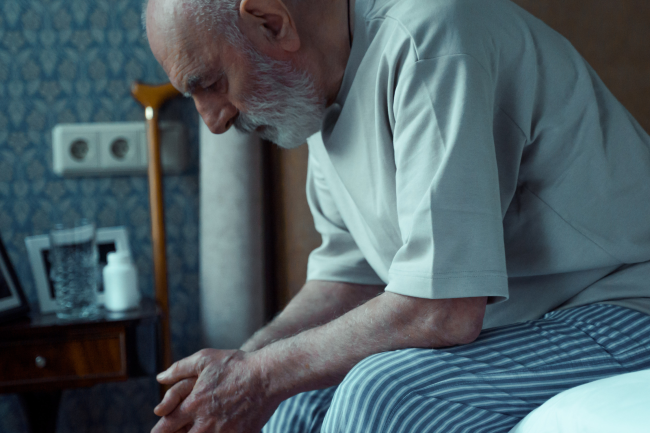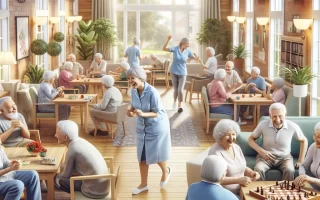
Providing adequate care for elderly loved ones is a top priority for many families. However, recognizing the warning signs of inadequate elder care services is crucial for ensuring the safety and well-being of elderly individuals, whether they reside at home or in nursing homes. Here are 15 warning signs to watch out for that may indicate substandard elder care services.
1. Poor Hygiene

One of the most noticeable signs of inadequate elder care is poor hygiene. Neglecting personal hygiene tasks such as bathing, grooming, and oral care can lead to health issues and decreased quality of life for elderly individuals. If you notice your loved one’s hygiene deteriorating despite receiving care, it may be a red flag that their caregivers are not providing adequate support.
2. Unexplained Injuries
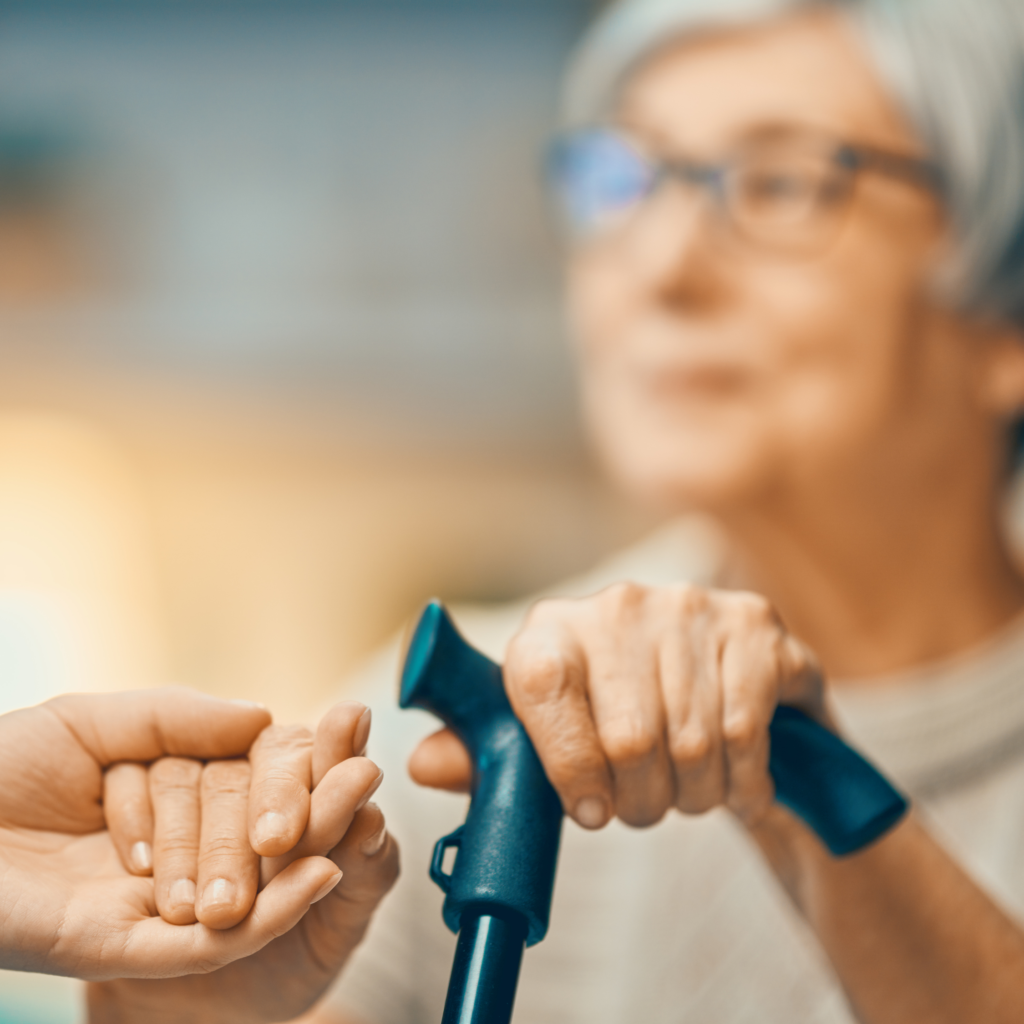
Unexplained injuries or bruises are cause for concern and may indicate neglect or abuse in elder care settings. Pay attention to any signs of physical trauma, such as bruises, cuts, or fractures, especially if they occur frequently or cannot be adequately explained by caregivers. Documenting these injuries and addressing them with the caregiving facility or provider is essential to ensuring the safety of your loved one.
3. Malnutrition

Malnutrition is a serious issue among elderly individuals receiving inadequate care. Poor nutrition can lead to weight loss, weakness, and a weakened immune system, making elderly individuals more susceptible to illness and injury. Keep an eye out for signs of malnutrition, such as significant weight loss, changes in appetite, or a decline in overall health.
4. Dehydration
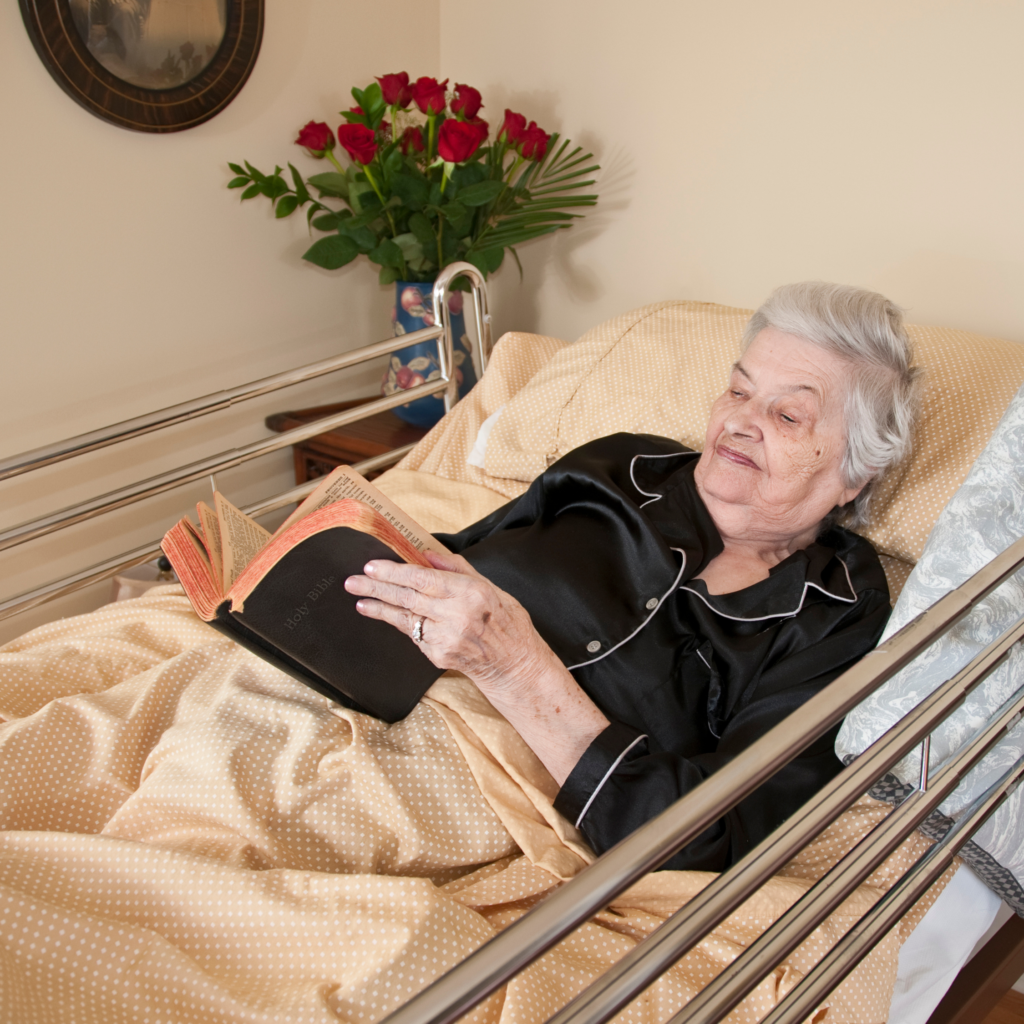
Dehydration is another common problem in elderly individuals who are not receiving adequate care. Failure to provide sufficient fluids can lead to dehydration, which can have serious consequences for health and well-being. Look for signs of dehydration, such as dry mouth, sunken eyes, or dark-colored urine, and take action promptly to address the issue.
5. Medication Mismanagement
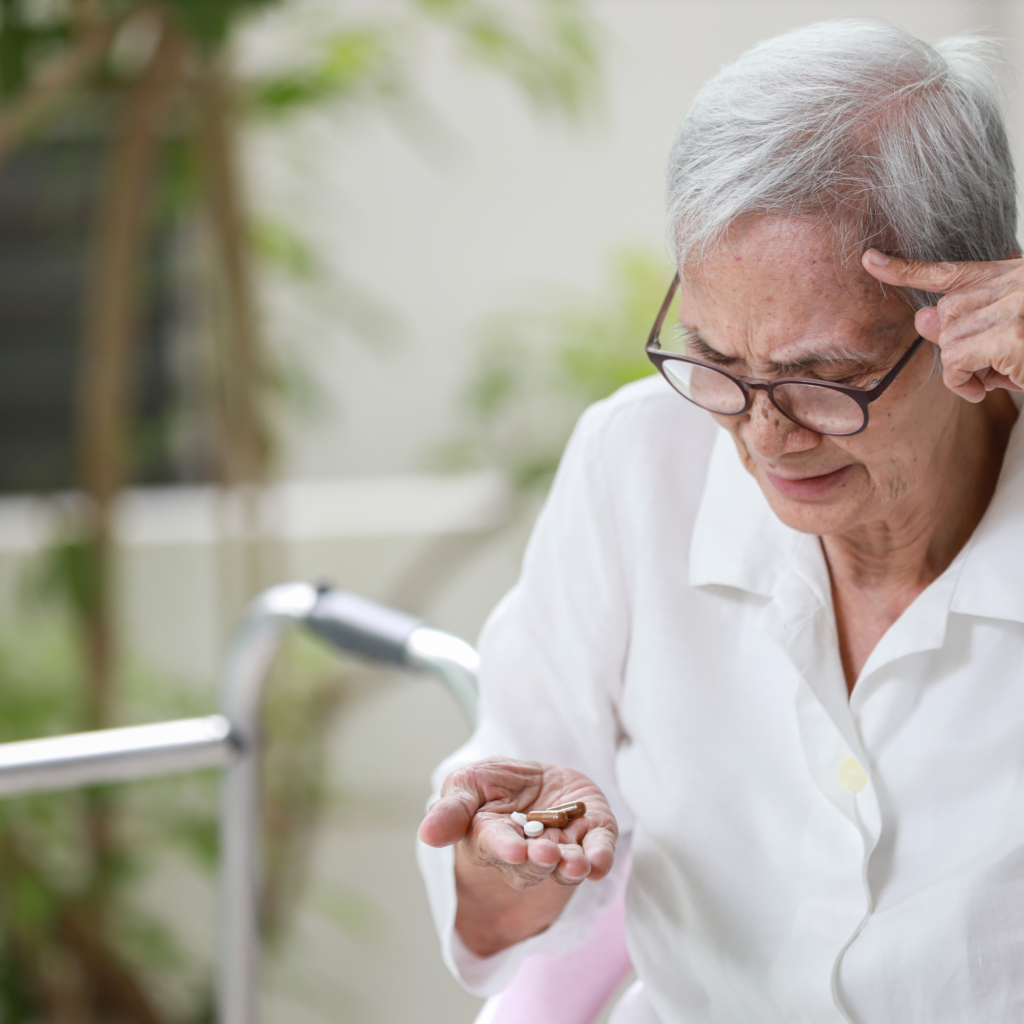
Not taking prescribed medication as directed can have serious implications for elderly individuals’ health and safety. If you notice that your loved one is not taking their medication regularly or is experiencing adverse effects from their medication, it may indicate inadequate medication management by caregivers. Addressing this issue promptly with the caregiving facility or provider is essential to prevent further complications.
6. Social Isolation
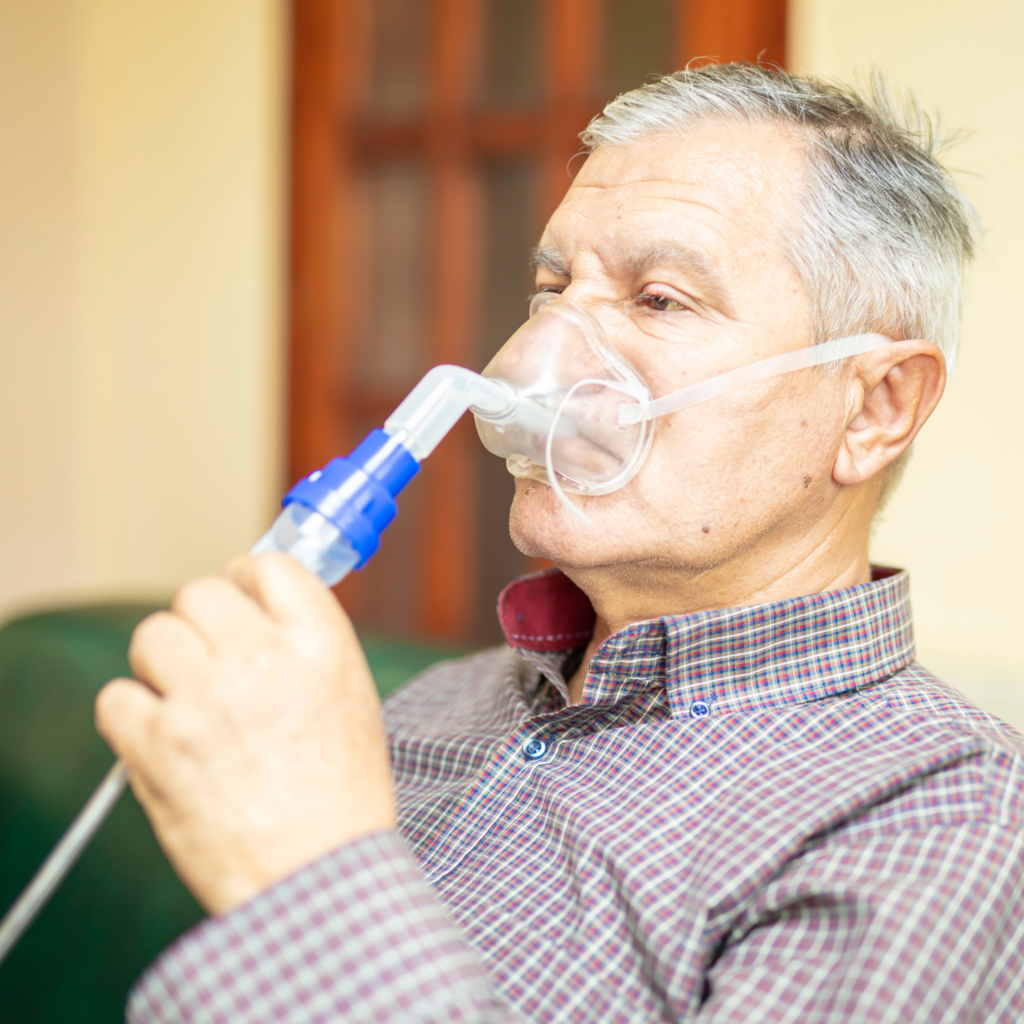
Social isolation is a significant concern for elderly individuals receiving inadequate care. Lack of social interaction and engagement can lead to loneliness, depression, and a decline in cognitive function. Pay attention to signs of social isolation, such as withdrawal from social activities, limited communication with caregivers, or a lack of meaningful interactions with others.
7. Lack of Mobility Assistance
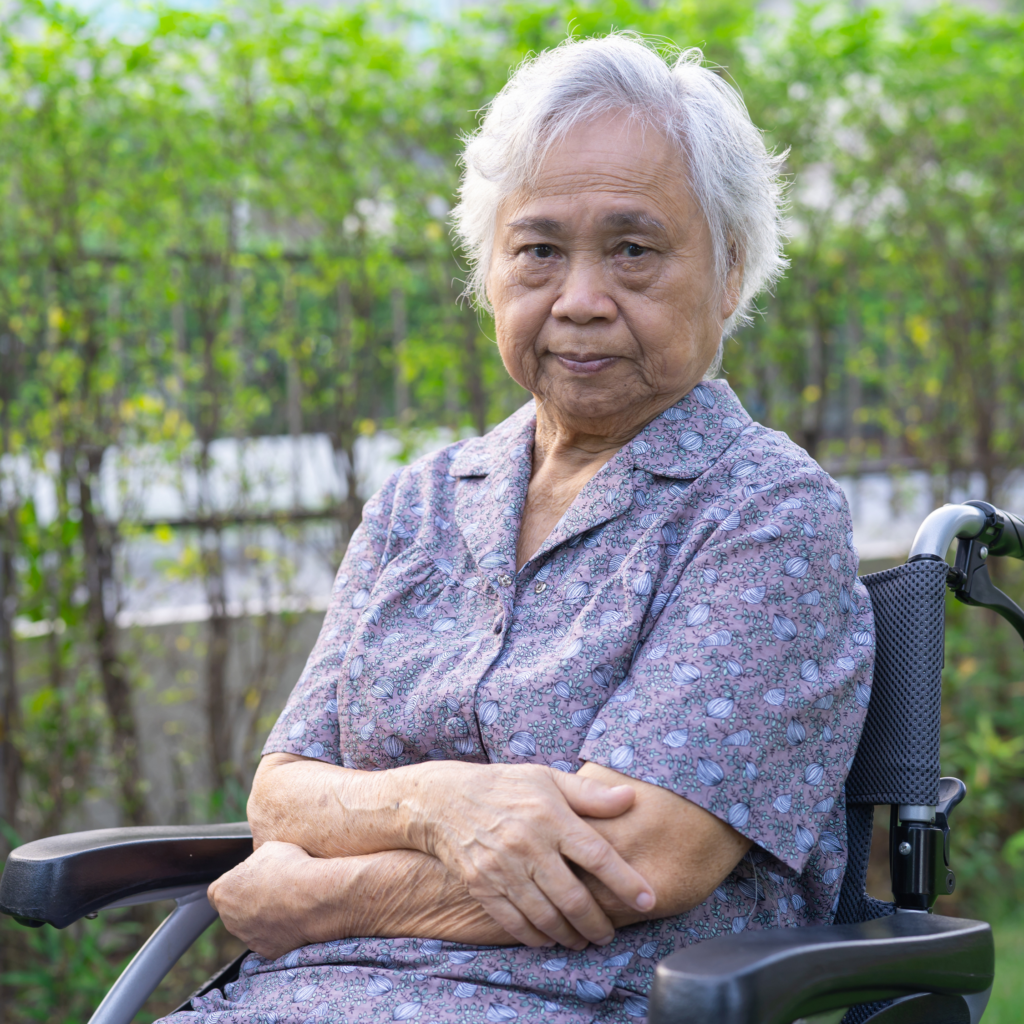
Elderly individuals who require assistance with mobility may be at risk if they are not receiving adequate support from caregivers. Failure to provide assistance with tasks such as transferring, walking, or using mobility aids can increase the risk of falls and injuries. If you notice your loved one struggling with mobility or not receiving the assistance they need, it may indicate inadequate elder care services.
8. Unsanitary Living Conditions

Unsanitary living conditions can pose serious health risks for elderly individuals. Failure to maintain a clean and hygienic environment can lead to the spread of infections and diseases. Keep an eye out for signs of unsanitary living conditions, such as clutter, dirt, or unpleasant odors, and address them promptly with the caregiving facility or provider.
9. Lack of Communication

Effective communication between caregivers, elderly individuals, and their families is essential for ensuring quality care. If you notice a lack of communication or transparency from caregivers regarding your loved one’s care, it may indicate inadequate elder care services. Open and honest communication is key to addressing concerns and ensuring the best possible care for elderly individuals.
10. Changes in Behavior

Changes in behavior, mood, or personality can be indicators of inadequate elder care services. Pay attention to any signs of agitation, anxiety, or depression in your loved one, as these may be a response to substandard care. Addressing these changes with caregivers and healthcare professionals is essential to identifying and addressing the underlying issues.
11. Delayed Medical Care

Delays in accessing medical care can have serious consequences for elderly individuals’ health and well-being. If you notice that your loved one is not receiving timely medical attention for health concerns or injuries, it may indicate inadequate elder care services. Advocating for prompt medical care and addressing any barriers to access is essential to ensuring the safety and well-being of elderly individuals.
12. Financial Exploitation

Financial exploitation is a serious concern for elderly individuals receiving inadequate care. Caregivers or others in positions of trust may take advantage of elderly individuals’ vulnerability to exploit them financially. Keep an eye out for signs of financial exploitation, such as unexplained changes in financial accounts, missing valuables, or unauthorized withdrawals. Taking steps to protect your loved one’s finances and reporting any suspicions of financial exploitation is essential to safeguarding their assets and well-being.
Know the Signs

Recognizing the warning signs of inadequate elder care services is essential for ensuring the safety, health, and well-being of elderly individuals. By being vigilant and proactive in addressing concerns, you can advocate for the best possible care for your loved ones. If you notice any of these warning signs, don’t hesitate to take action and seek support from healthcare professionals, advocacy organizations, or legal authorities. Your loved one’s safety and well-being are worth fighting for. Ready to learn more about advocating for quality elder care? Scroll for more valuable resources and join the conversation!


